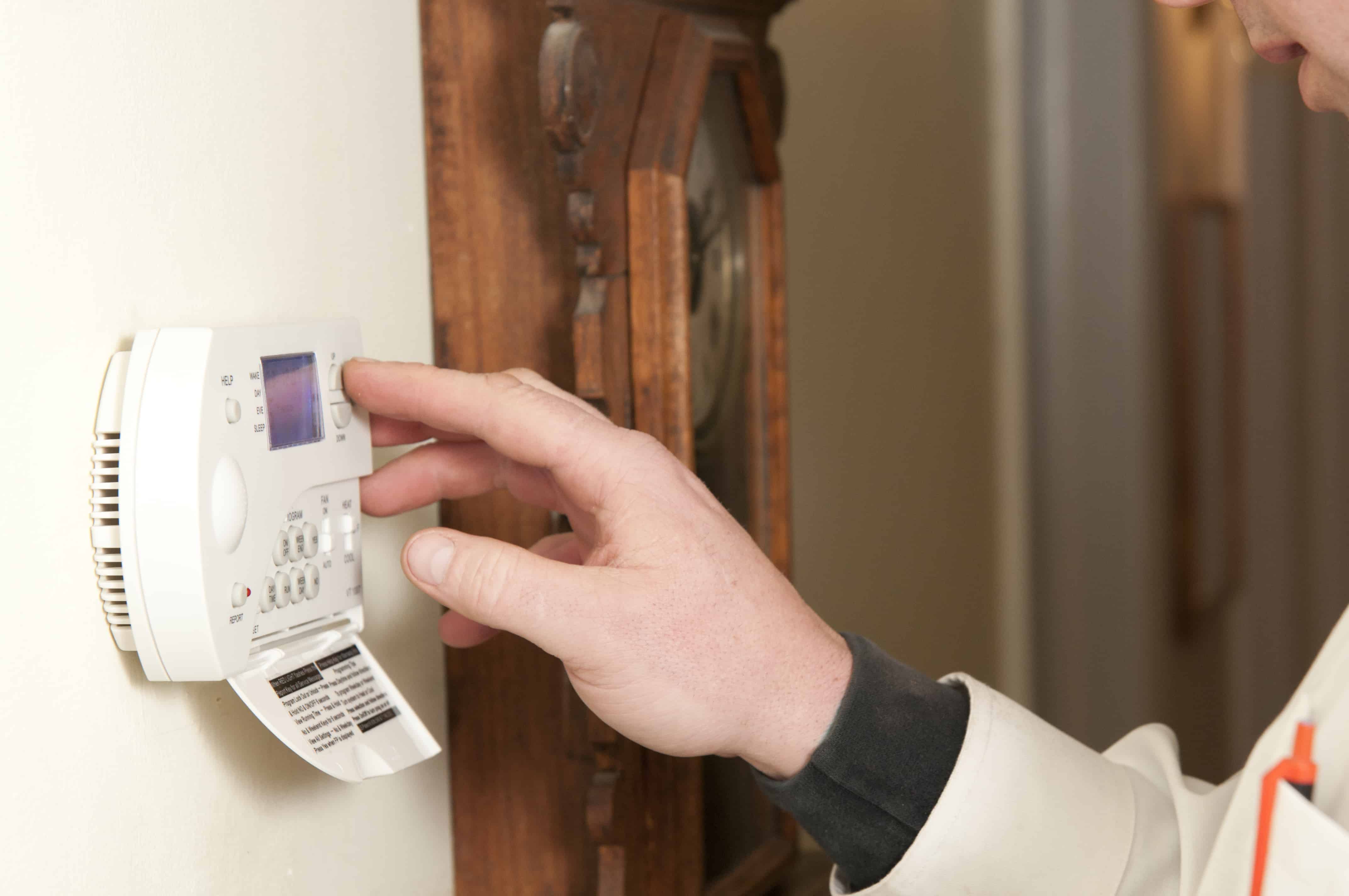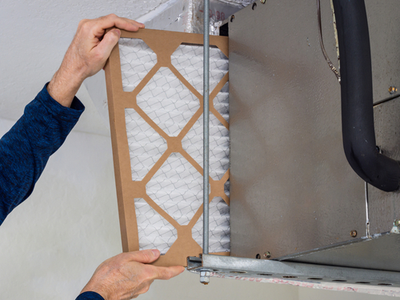February 20, 2025
Should You Run Your HVAC Continuously? Pros and Cons of Keeping Your Heat and Air Running
Colorado HVAC appliances see plenty of good use. Homeowners typically need to heat their homes from October to April (or even May!). Then, they run their air conditioners most days during the hot summer. Fortunately, Colorado also has mild bumper seasons when running the heat or AC is unnecessary.
The question then becomes: Should you?
Every year, Americans spend $14 Billion on HVAC maintenance and repairs. To help you avoid extensive heating and cooling costs, we discuss the pros and cons of constantly running your HVAC system. We cover the risks, efficiency issues, and maintenance concerns. As your local home services experts, we want you to maximize your investment and keep your home comfortable all year round without overtaxing your system.
Reasons to Leave Your Air or Heat Constantly Running:

Comfort
An optimal home temperature improves sleep and reduces stress. You don’t have to suffer uncomfortable overnights or mornings before the temperature reaches optimal comfort. Your home will remain at a consistent temperature throughout the day. An effective strategy for maintaining the right temperature in your home is to install a programmable thermostat and set it to work less while you’re away and maintain your preferred temperature while you’re home.
Preserve Your Pipes
Even if you’re tempted to turn off the heat to save energy on a mild winter day or while you’re away, think twice. Sudden temperature drops can lead to frozen pipes, which could become a plumbing disaster. Never turn your thermostat down below 55 degrees.
Air Quality
Forced air systems allow you to run your HVAC fan continuously, even when you’re not heating or cooling your home. This circulates the air through your filter and improves indoor air quality.
Even Temperatures
A continuously running furnace fan provides even temperature distribution throughout your home. Constant air movement mixes air throughout your home, preventing stagnant air pockets or unpleasant hot or cold spots from forming.
Reasons to Shut Off Your Furnace or Air:
Energy Use
While your system draws more electricity during ramp-up, it also consumes more power if left on 24/7. Leaving your system running continuously results in more energy consumption overall. Operating the 500-watt fan in your HVAC system costs about as much as a refrigerator. If your system short cycles (turns on and off frequently), it will cost you more.
Air Conditioner Efficiency
Your air conditioner is most efficient when working hard to lower your home’s temperature. If you leave your air conditioner on to maintain your home’s temperature, the unit’s efficiency falls. Ultimately, this adds to your summer energy bills. Consider using a programmable smart thermostat to optimize your AC’s operation and save money.
System Lifespan
The more you run your system the quicker parts wear and tear. This translates into higher maintenance costs and a shorter lifespan. However, proper care and tune-ups can extend the life of your HVAC system.

Filters
When your fan runs continuously, it passes more air through the filters. Because your filter is taking care of more air, it clogs faster and needs replacing sooner. Don’t forget to change your filter at least every other month!
How Long Will My HVAC System Last?
With proper care and regular maintenance, your furnace and air conditioning system should each last 15-20 years. Keep in mind that these systems were designed to run constantly, but they do lose efficiency over time. At a certain point, upgrading to a more efficient system may become more cost-effective than continuing to use an older one. An HVAC technician can assess your system and advise you on the best investment.
Can I Run My HVAC Continuously?
We’ve outlined the pros and cons of constantly keeping your HVAC running. Whether you decide to run your HVAC equipment all winter and all summer, you need it to work well. Schedule an HVAC tune-up with Applewood to make sure your unit is at peak performance and runs when you want it to.


